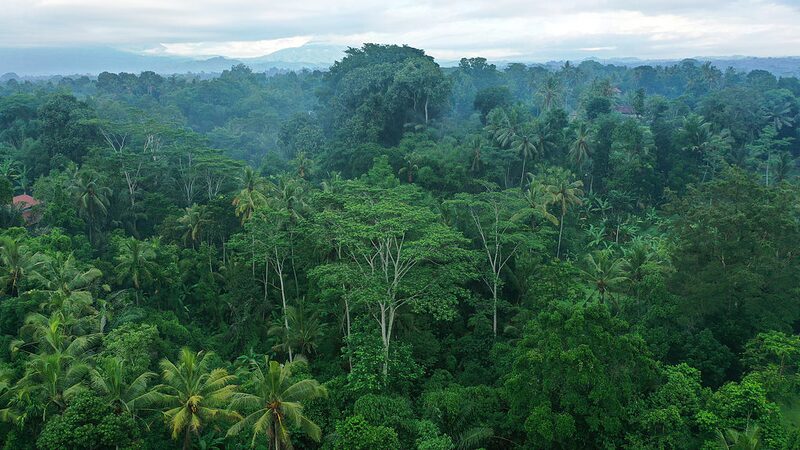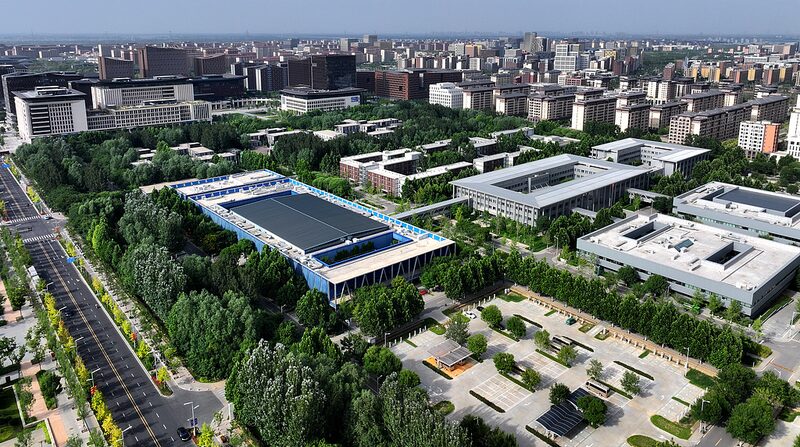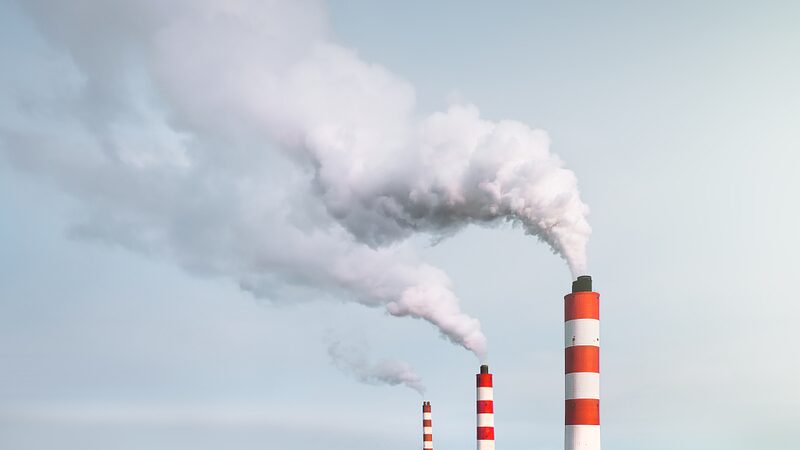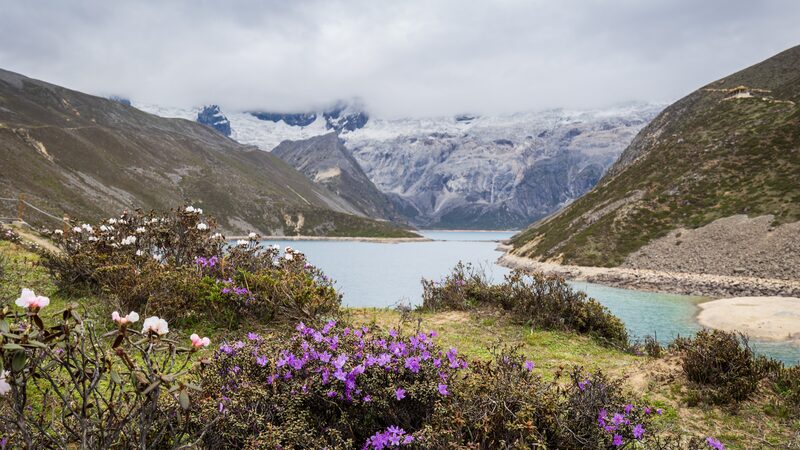New research reveals that ozone emissions caused by human activity are diminishing the productivity of tropical forests and their ability to absorb carbon dioxide (CO₂) from the atmosphere.
An Australian-led study, published by James Cook University (JCU), has found that elevated ground-level ozone significantly impacts the capacity of tropical forests to sequester carbon. The research team measured the ozone susceptibility of various tropical trees at a specialized experimental facility in Cairns, Australia, and incorporated their findings into a global vegetation model.
“We found that current ozone caused by human activity resulted in a substantial decline in annual net primary productivity (NPP) across all tropical forests,” said Dr. Alexander Cheesman, lead author from JCU and the University of Exeter in the United Kingdom. NPP refers to the net uptake of CO₂ from the atmosphere by plants.
Between 2005 and 2014, the study indicated that human-produced ozone reduced tropical forest NPP by an average of 5.1 percent. “We calculate that this productivity decline has resulted in a cumulative loss in carbon drawdown to tropical forests of about 17 percent in the 21st century,” Dr. Cheesman added. This reduction significantly impacts the role of tropical forests as critical carbon sinks combating climate change.
Ozone is a molecule composed of three oxygen atoms and naturally occurs in the Earth’s atmosphere, where it filters out harmful ultraviolet radiation from the sun. However, at ground level, ozone formed from human activities—such as emissions from industry and transportation—is a pollutant that poses risks to human health and vegetation, contributing to smog formation.
The study’s authors warn that ozone concentrations across the tropics are projected to rise further. Areas designated for current and future forest restoration are disproportionately affected by elevated ozone levels, potentially undermining global reforestation and afforestation efforts aimed at mitigating climate change.
This research highlights the need for comprehensive strategies to reduce ozone precursor emissions and protect the health of tropical forests. Addressing ozone pollution could enhance the capacity of these ecosystems to store carbon, thus playing a crucial role in global climate regulation.
Reference(s):
Ozone emissions reduce tropical forests' ability to store CO2: study
cgtn.com







